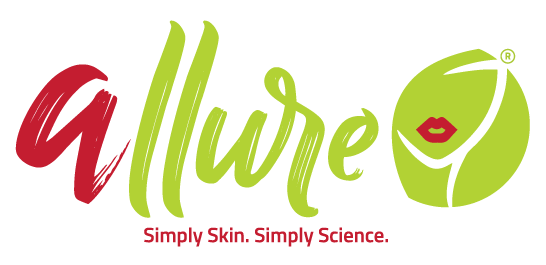Acne is a common skin condition affecting millions of people worldwide, including many in Kenya. Although often associated with adolescence, it can impact individuals of all ages. Understanding its causes, the demographics it affects, and the available treatments is crucial for effective management. Additionally, addressing complications such as hyperpigmentation and scarring is essential for overall skin health.
What Causes Acne?
Acne is primarily caused by the following factors:
- Excess Oil Production: Sebaceous glands produce oil (sebum) to keep the skin lubricated. Overproduction of sebum can clog pores, leading to acne.
- Clogged Hair Follicles: Dead skin cells can accumulate in hair follicles, mixing with sebum and causing blockages.
- Bacteria: The bacterium Propionibacterium acnes (P. acnes) thrives in clogged pores, leading to inflammation and pimples.
- Hormonal Changes: Hormonal fluctuations, particularly during puberty, menstruation, pregnancy, and hormonal disorders, can increase oil production.
- Diet and Lifestyle: Certain dietary choices, stress, and lifestyle factors can exacerbate acne. High-glycemic foods and dairy have been linked to increased breakouts in some individuals.
Ages Affected by Acne
- Teenagers: Acne is most prevalent during puberty when hormonal changes trigger excess oil production. Up to 85% of adolescents experience some form of acne.
- Adults: Adult acne affects a significant number of people in their 20s, 30s, and even beyond. Hormonal imbalances, stress, and lifestyle factors often contribute to adult acne.
- Babies and Children: While less common, infants can develop neonatal acne due to maternal hormones. Children occasionally experience preadolescent acne due to early hormonal changes.
Treatments for Acne
Effective acne treatment often involves a combination of topical and systemic therapies, tailored to the severity and type of acne. For those seeking acne treatment in Kenya, here are some common options:
Topical Treatments:
- Benzoyl Peroxide: Reduces bacteria and helps prevent clogged pores.
- Retinoids: Promote cell turnover and prevent clogging of hair follicles.
- Salicylic Acid: Helps exfoliate the skin and clear clogged pores.
- Antibiotics: Reduce inflammation and bacterial growth.
Oral Medications:
- Antibiotics: Used for moderate to severe acne to reduce bacteria and inflammation.
- Hormonal Treatments: Birth control pills and anti-androgens can regulate hormones.
- Isotretinoin: A powerful option for severe, cystic acne that doesn’t respond to other treatments.
Procedural Treatments:
- Chemical Peels: Exfoliate the skin and help reduce acne and scars.
- Laser and Light Therapy: Target bacteria and reduce oil production. Clinics offering laser treatments in Nairobi and laser treatments in Mombasa are highly recommended.
- Drainage and Extraction: Remove large cysts or nodules.
Managing Complications of Acne
Hyperpigmentation
Hyperpigmentation, or dark spots, occurs when inflamed acne lesions heal and leave behind discolored skin. Management includes:
- Topical Treatments: Products containing ingredients like niacinamide, vitamin C, hydroquinone, and retinoids can lighten dark spots. Effective hyperpigmentation treatments in Kenya are available at leading skincare clinics.
- Chemical Peels: Help remove the top layers of skin, promoting new, evenly pigmented skin growth.
- Laser Treatments: Target pigmentation and encourage even skin tone.
Acne Scarring
Acne scars are permanent textural changes that occur due to the skin’s healing process. Types of scars include atrophic (depressed) scars and hypertrophic (raised) scars. Treatments include:
- Microneedling: Stimulates collagen production to improve skin texture.
- Laser Resurfacing: Removes damaged skin layers, promoting new skin growth. Look for laser resurfacing in Kenya to find specialized services.
- Dermal Fillers: Fill in depressed scars for a smoother skin surface.
- Subcision: A minor surgical procedure that releases fibrotic strands pulling down the skin.
Other Complications
- Emotional and Psychological Impact: Acne can lead to significant emotional distress and affect self-esteem. Support from dermatologists, counselors, and support groups can be beneficial. For personalized support, seek advice from a qualified dermatologist in Kenya.
- Secondary Infections: In severe cases, cysts and nodules can become infected. Proper hygiene and timely treatment with antibiotics are crucial.
Conclusion
Acne is a multifaceted condition with various causes and manifestations across different age groups. Effective treatment requires a personalized approach, often involving a combination of topical and oral therapies, lifestyle changes, and procedural interventions. Managing complications like hyperpigmentation and scarring is essential for restoring skin health and confidence. Consulting a dermatologist in Kenya is crucial for developing a tailored treatment plan and achieving the best outcomes in acne management.





Caridad
You have mentioned very interesting points!
ps nice web site.Blog range